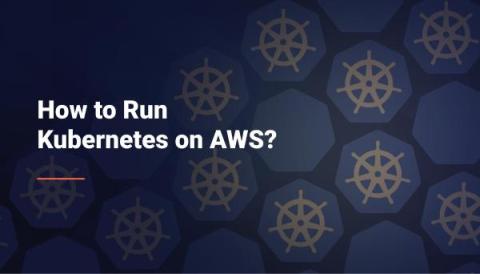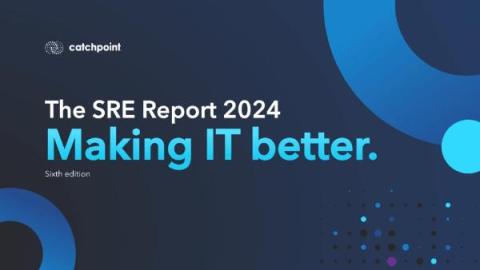How to Run Kubernetes on AWS?
In the last years, Kubernetes has grown tremendously and is considered by most companies to be the best platform to run applications today. In simple words, Kubernetes is an open-source container orchestration platform that allows you to run and manage containerized applications at scale. In this article, I will explain how you can run Kubernetes on AWS in 3 different ways. But before getting down the road, let me explain why it does make sense to run Kubernetes on AWS.











